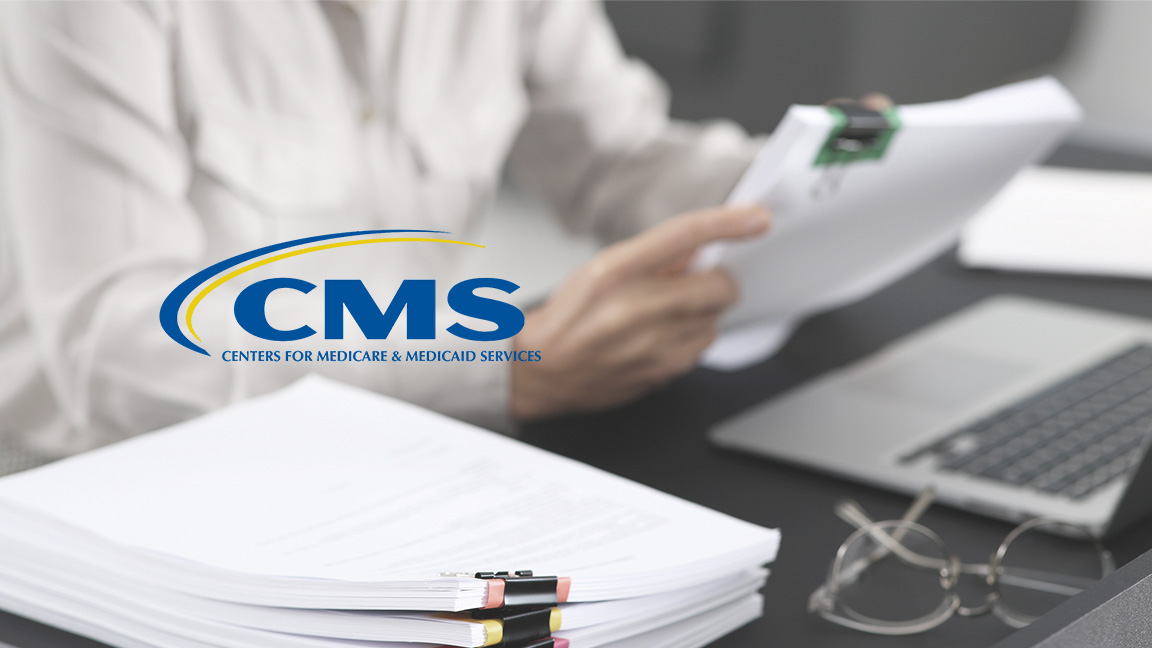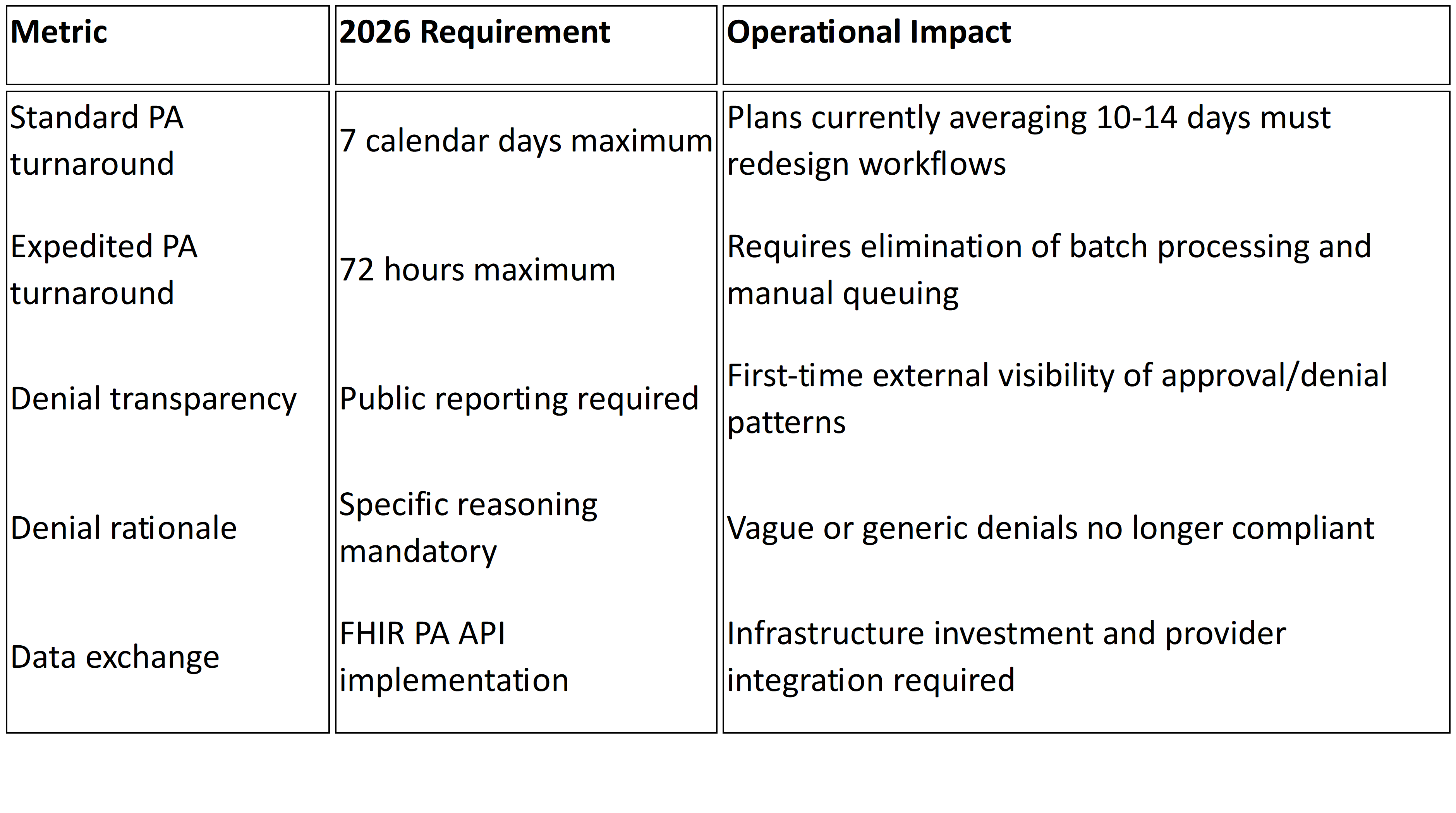Payment integrity is a cornerstone of effective healthcare payer operations, directly impacting both financial performance and industry reputation. Incorrect payments—stemming from fraudulent claims, billing errors, or coverage misinterpretations—pose a significant challenge, costing the healthcare sector billions annually. In this complex landscape, healthcare payers are increasingly turning to Robotic Process Automation (RPA) to streamline and enhance their claims auditing processes. At Mizzeto, we are leading the charge in using automation to strengthen payment integrity, offering an innovative approach to reduce overpayments and errors in real-time.
Why Payment Integrity is Critical for Healthcare Payers
Ensuring payment integrity means verifying that payments made by healthcare payers to providers are accurate, appropriate, and compliant with contractual agreements and regulatory standards. This encompasses activities such as pre-payment reviews, fraud detection, validation of coding accuracy, and post-payment recovery efforts. The primary objective is to prevent incorrect payments before they occur, and efficiently recover funds in the case of overpayments.
The stakes are high. The National Health Care Anti-Fraud Association estimates that healthcare fraud alone results in approximately $68 billion in losses annually in the United States. When administrative errors, duplicate billing, and incorrect claims submissions are added to the equation, the total financial burden on payers becomes staggering. This can lead to significant financial losses, operational inefficiencies, and damaged relationships with both providers and patients.
Traditional payment integrity efforts have often been reactive, focusing on post-payment audits and recovery. However, these methods are costly and inefficient, often leading to lower recovery rates. To mitigate these challenges, healthcare payers are increasingly adopting proactive strategies such as pre-adjudication auditing to identify and address errors before payments are made.
The Shortcomings of Traditional Claims Auditing Methods
Conventional payment integrity methods rely heavily on manual processes, requiring large teams of auditors to manually review vast volumes of claims data. This labor-intensive approach is not only slow and expensive but also prone to human error and inconsistency.
Key challenges associated with traditional payment integrity processes include:
- Overwhelming Data Volumes and Complexity: Payers process enormous volumes of claims daily. Each claim can involve multiple codes, modifiers, and coverage rules, making manual auditing an overwhelming task.
- Delayed Error Identification: Post-payment audits can lead to delayed detection of errors, resulting in resource-intensive recovery efforts and strained relations with providers who receive payment correction requests well after the fact.
- High Operational Costs: Manual auditing demands substantial human resources. The costs of hiring, training, and managing skilled auditors can quickly add up, and with the volume of claims, only a fraction can realistically be reviewed.
- Inefficient Recovery Processes: Catching errors after payments are made typically results in lower recovery rates due to elapsed time and difficulties in recouping funds from providers.
To move beyond these limitations, healthcare payers are increasingly turning to automation technologies such as RPA to implement more efficient and proactive payment integrity strategies.
How RPA is Changing the Landscape of Payment Integrity
Robotic Process Automation (RPA) has emerged as a transformative tool for payment integrity, enabling payers to automate claims auditing processes and identify discrepancies before payments are processed. RPA uses software robots to replicate human actions, allowing for rapid data processing and application of complex rules without manual intervention.
For healthcare payers, the benefits of using RPA for payment integrity are significant:
- Proactive Pre-Adjudication Checks: RPA bots can conduct pre-adjudication audits on claims in real-time, applying a set of predefined rules to detect errors, inconsistencies, or potential fraud. This proactive approach prevents incorrect payments from being issued.
- Enhanced Accuracy and Reliability: By automating the auditing process, RPA removes the risk of human error and ensures consistent application of auditing rules across all claims, resulting in more accurate outcomes.
- Scalability for High-Volume Processing: Unlike manual processes, which are constrained by the number of available auditors, RPA can scale to handle large volumes of claims seamlessly, operating 24/7 without fatigue or delays.
- Significant Cost Savings: RPA reduces the need for large-scale auditing teams, leading to substantial cost reductions. Human auditors can then focus on complex cases that require deeper analysis, optimizing resource allocation.
- Timely Feedback for Providers: Automated pre-adjudication audits provide instant feedback to providers, enabling them to rectify errors quickly and resubmit claims. This not only streamlines the process but also fosters better payer-provider relationships.
How Mizzeto Drives Payment Integrity Through Tailored Automation Solutions
At Mizzeto, we are dedicated to implementing RPA solutions that enhance healthcare payers' payment integrity processes. Our approach focuses on real-time auditing and continuous optimization to ensure optimal accuracy and efficiency. Here’s how we help payers achieve robust payment integrity:
- Customizable Rule-Based Automation:Our RPA bots are designed to perform real-time, rule-based audits on claims pre-adjudication. We collaborate closely with payers to develop a comprehensive set of rules based on specific policies, provider contracts, coding guidelines, and regulatory requirements. The bots analyze claims data for errors such as incorrect coding, duplicate submissions, or policy breaches, flagging them for review before payment is made.
- Adaptive Rule Management:The healthcare sector is continually evolving, with frequent updates to coding standards, regulations, and payer-specific policies. Our RPA solutions are built to adapt dynamically, allowing for ongoing refinement and rule updates to keep pace with changes in the industry, ensuring continued effectiveness in detecting payment errors.
- Leveraging Data Insights for Continuous Improvement:Beyond RPA, we harness data analytics to uncover patterns and trends in claims data that may indicate fraudulent activity or recurring errors. These insights help refine the auditing process and enhance the RPA bots’ capabilities to identify anomalies and potential issues preemptively.
- Seamless Integration with Existing Payer Systems:We recognize the challenges of integrating new technologies with legacy systems. Our RPA solutions are designed for easy integration with a payer’s existing IT infrastructure, ensuring smooth adoption and minimizing disruption. This enables payers to quickly leverage the benefits of automation without the need for extensive system overhauls.
- Ongoing Performance Monitoring and Optimization:Payment integrity efforts require continuous attention. We provide comprehensive monitoring of our RPA bots to maintain peak performance. This involves regularly reviewing audit outcomes, analyzing the effectiveness of rules, and making necessary adjustments to respond to emerging challenges and opportunities.
Looking Ahead: The Future of Payment Integrity in Healthcare
As healthcare costs continue to climb, the need for robust payment integrity practices becomes even more crucial. Moving away from reactive, post-payment recovery models toward proactive, pre-adjudication strategies is essential for payers aiming to minimize financial losses and optimize operations. RPA offers a powerful solution to this challenge, providing the speed, accuracy, and cost-effectiveness necessary for modern payment integrity programs.
At Mizzeto, we believe the future of payment integrity lies in smart, automated solutions. By combining RPA with data-driven insights and continuous optimization, we empower healthcare payers to move beyond traditional, manual methods and embrace a new standard of payment accuracy and integrity.
Conclusion: RPA as a Strategic Investment for Payers
The challenges of maintaining payment integrity are significant, but the risks of inaction are even greater. With the right approach and tools, healthcare payers can significantly reduce incorrect payments and establish a more efficient, transparent, and compliant payment process. At Mizzeto, we are committed to partnering with payers to achieve these objectives through cutting-edge automation solutions.
Our expertise in RPA and our commitment to continuous improvement make us the ideal partner for healthcare payers looking to strengthen their payment integrity programs. By automating pre-adjudication checks and enhancing data-driven decision-making, we ensure that every claim is processed with the highest standards of accuracy and compliance.
For payers seeking to reduce costs, improve provider relations, and maintain regulatory compliance, investing in RPA for payment integrity is not just a choice but a strategic imperative. With Mizzeto’s tailored automation solutions, you can be confident that your payment processes are ready for the future.































